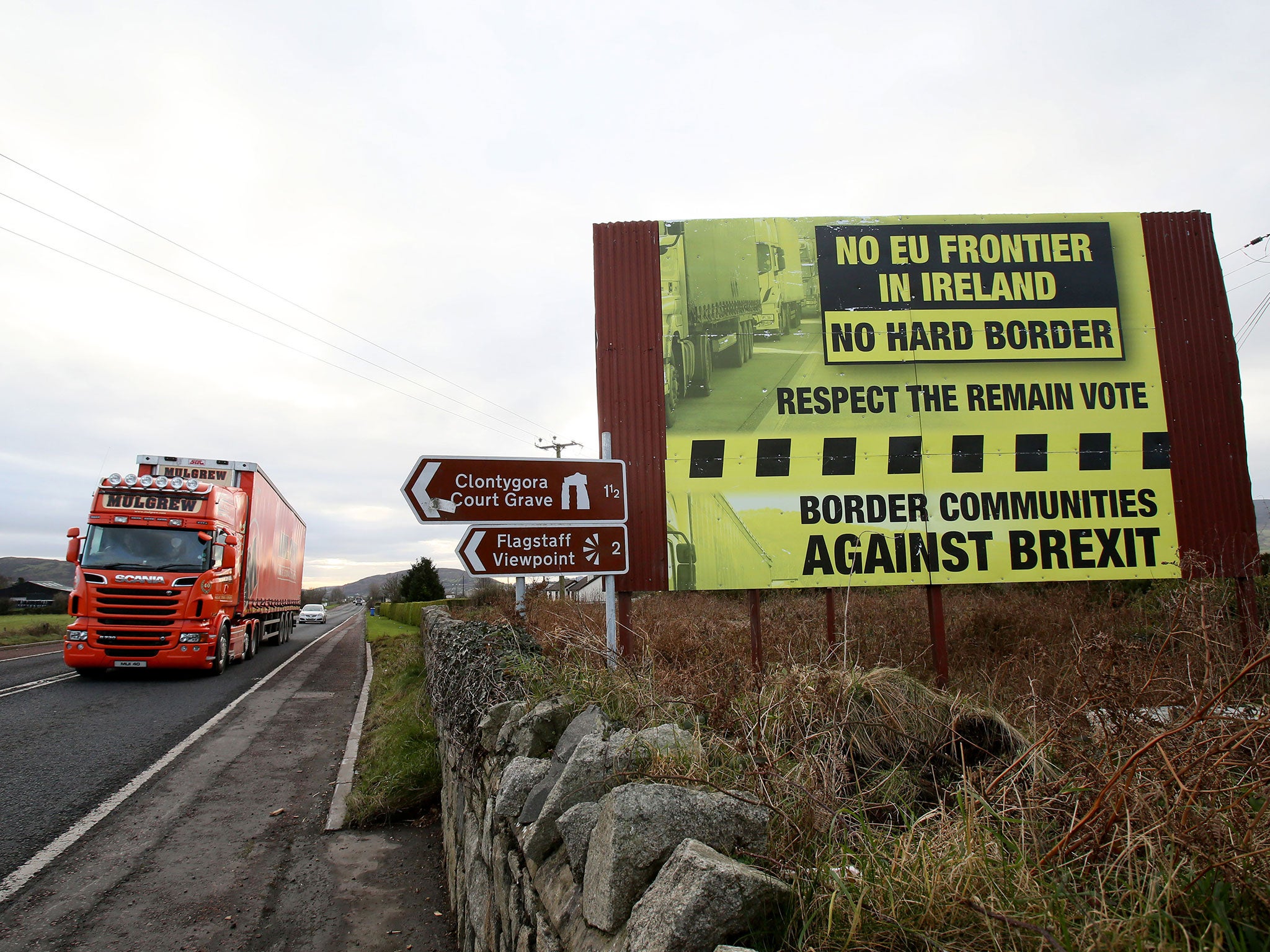Boris Johnson accepts Angela Merkel challenge to replace Irish backstop in 30 days
Prime minister describes timescale for solution as ‘blistering’ during visit to Berlin
Your support helps us to tell the story
From reproductive rights to climate change to Big Tech, The Independent is on the ground when the story is developing. Whether it's investigating the financials of Elon Musk's pro-Trump PAC or producing our latest documentary, 'The A Word', which shines a light on the American women fighting for reproductive rights, we know how important it is to parse out the facts from the messaging.
At such a critical moment in US history, we need reporters on the ground. Your donation allows us to keep sending journalists to speak to both sides of the story.
The Independent is trusted by Americans across the entire political spectrum. And unlike many other quality news outlets, we choose not to lock Americans out of our reporting and analysis with paywalls. We believe quality journalism should be available to everyone, paid for by those who can afford it.
Your support makes all the difference.Boris Johnson has pledged to come up with a plan to replace the Irish backstop within 30 days, after Angela Merkel warned that time was running out to prevent a no-deal Brexit.
The prime minister agreed that the “onus” was on his government to set out a solution, telling a joint press conference with the German chancellor: “You have set a very blistering timetable of 30 days – if I understood you correctly, I am more than happy with that.”
Ms Merkel said her side was “prepared” for a no deal but struck a conciliatory tone during the trip, which is Mr Johnson’s first to a foreign country as prime minister. He will travel to Paris on Thursday for similar talks with Emmanuel Macron, the French president.
The prime minister claimed there were “abundant solutions” to the border problem in Ireland and that they had only not come to the fore because the British government had not pushed them hard enough in talks.
He reiterated that the backstop needed to be removed from the withdrawal agreement and “plainly has to go”, and rejected even accepting a time-limited version of the policy.
Ms Merkel, along with all other EU leaders, has said the withdrawal agreement cannot be reopened and that any solution has to be found in the future relationship.
“The backstop has always been a fall-back option until this issue is solved and one knows how one wants to do that,” Ms Merkel said.
“It was said we will probably find a solution in two years. But we could also find one in the next 30 days, why not?”
British and EU officials tried in vain to find alternative solutions to the withdrawal agreement backstop, but have so far drawn a blank. Technological solutions mooted by some Brexiteers are not thought to currently exist.
The UK is set to leave the EU on 31 October this year, unless the EU grants another extension. Mr Johnson has said Britain will leave “come what may” on this date – though Theresa May said the same about previous planned departure dates.

Back in London, the Labour leader, Jeremy Corbyn, has written to other opposition leaders to invite them to a meeting to discuss “all tactics available to prevent no deal”. The letter invited SNP Westminster chief, Ian Blackford, Lib Dem leader, Jo Swinson, Plaid chief, Liz Saville Roberts, Green MP, Caroline Lucas, as well as Anna Soubry, Guto Bebb, Dominic Grieve, Oliver Letwin, Nick Boles and Caroline Spelman.
Speaking at the joint press conference in Berlin, Mr Johnson said: “We do think there are alternative arrangements that could readily be used to address the problem of frictionless trade at the Northern Irish border and you’ll have heard them before, whether it is trusted trader schemes or electronic pre-clearing, all that type of solution and more besides is what we will be wanting to discuss.”
Mrs Merkel said: “There are two statements. Both of them are correct. One statement is Britain wishes to leave the European Union.
“The other is the Good Friday Agreement needs to be preserved in letter and spirit, it needs to be respected. Not only Britain is saying that, but also the member state of the European Union, the Republic of Ireland that will continue to remain a member, and we have continued to say so, and this is part and parcel of our European positions.
“And we have to somehow try and align those positions which, at first glance is not so easy, but we need to do this.”
Subscribe to Independent Premium to bookmark this article
Want to bookmark your favourite articles and stories to read or reference later? Start your Independent Premium subscription today.

Join our commenting forum
Join thought-provoking conversations, follow other Independent readers and see their replies
Comments